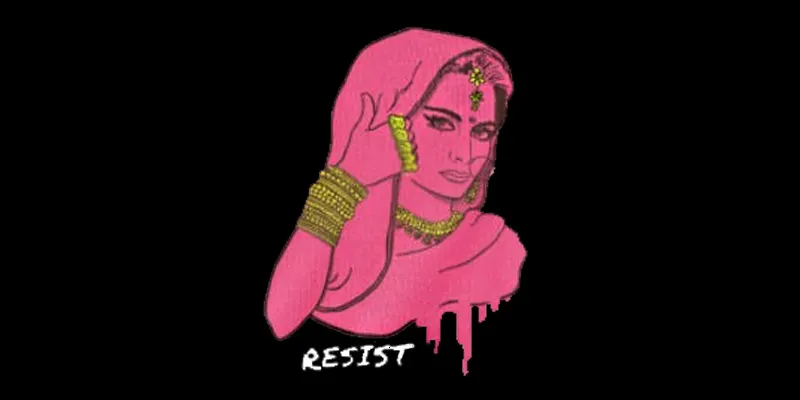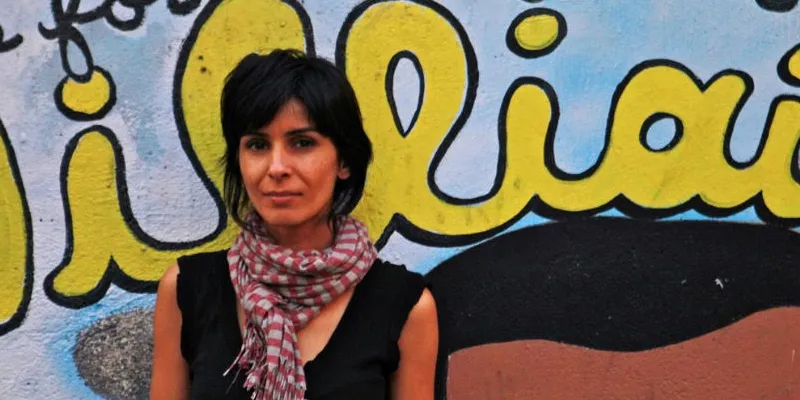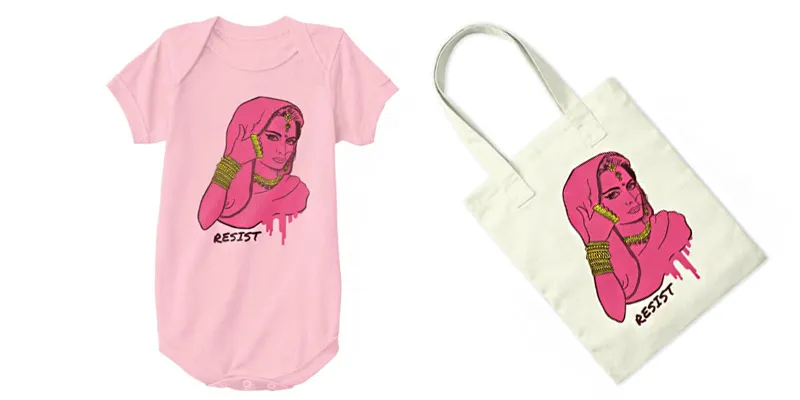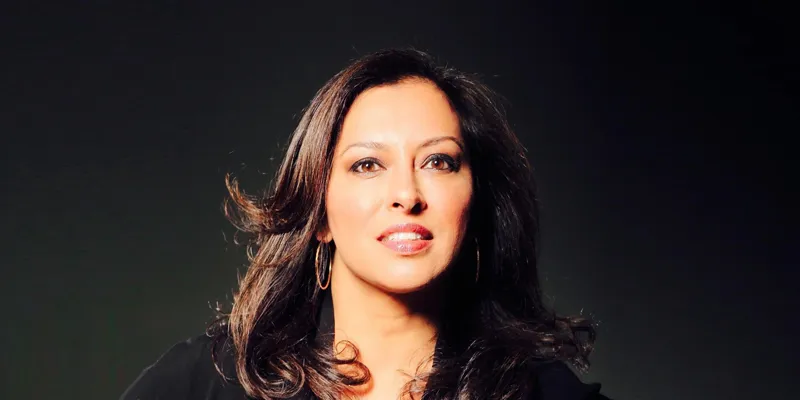Armed with brass knuckles, the Pink Lady is coming to Planned Parenthood’s aid
The Pink Lady travels to the US to assist Planned Parenthood.
Although by no means a new issue, the battle for women’s rights over their own bodies and access to healthcare has never been so intense, and it’s not hard to see why. After all, it isn’t often that you find an all-male panel passing judgment on what women can and should do with their reproductive organs. Now, voices are increasingly being raised to try and ‘trump’ the new challenge women across the globe face due to one executive order.
Trump’s anti-abortion executive order, the signing of which was presided over solely by other white men, was symbolic of how, in one stroke, the administration crippled access to women’s healthcare. The order, which prohibits US funding to any international non-governmental organisation that performs or provides information regarding abortions, isn’t just anachronistic but also damaging, given it’s 2017.
With the far-reaching global impact, Planned Parenthood, the American nonprofit providing reproductive healthcare across the world, needs more support than ever before.
Street artist and Kulture Shop Co-founder Jas Charanjiva and Geetanjali Dhillon, Founder of Republic of Brown, a weekly email newsletter celebrating brown voices, faces, and stories, are bridging the divides between geographies, cultures, and languages through an Indian symbol of resistance.

From India with love
In the aftermath of Jyoti Singh Pandey gangrape in 2012, Jas created the Pink Lady, identifiable by her brass knuckles, to symbolise “the readiness to fight for justice, her demeanour indicating she will do it with dignity, strength, and wisdom.”
Outraged by the brutality and consumed by the need to do something, Jas created the Pink Lady with the protestors in mind.
The Pink Lady has since graced art prints, T-shirts, and other goodies on Kulture Shop and, as Jas shares, also been licensed out to Human Rights in Childbirth, a global conference that took place in Mumbai earlier this year.

Since the image resonates with so many women who find her a source of strength and power, Geetanjali decided to reach out to Jas to make her the symbol of resistance. Geetanjali says,
Planned Parenthood provides fundamental healthcare services for women (and men) across America. Over a million and a half people rely on it for essential preventative care, and it is their only medical provider. The Trump administration is committed to defunding the organisation, which will cause a crisis resulting in the loss of this essential healthcare for millions across the US. We wanted to stand in solidarity with Planned Parenthood both financially and morally.
Currently being printed and sold in the US with the word ‘resist’ on it, the exclusive line is on sale until April 15 and all the profits will go to Planned Parenthood.

The call to action
Raised in America and being an American citizen, Jas understands the importance of the work Planned Parenthood is doing. She says,
I understand how important Planned Parenthood is to women and their families, especially those who can’t afford healthcare. Defunding it would have disastrous implications for the American public as this safety net provider for reproductive care, safe abortions, cancer, and STD screening largely serves vulnerable communities made up of people with no or limited insurance, low-income women, women of colour, young women, and immigrant women. In several counties across America, a Planned Parenthood centre is the only safety net provider.
A traditional symbol of modern times making a global impact is what change is about. Jas wants to see the Pink Lady getting actively involved with issues like acid attacks, education on equality, cyber harassment, sexual orientation discrimination, harassment on public transportation, and, of course, rape. “I’m currently choosing her next role and how I’ll go about it,” says an excited Jas.
Together we win
According to USAID, 60 percent of women in India do not have access to family planning methods, particularly in poor and underserved communities. In 2014, USAID spent $13.9 million on family planning and reproductive health in India, and in 2015 the number went up to $21 million.
If this funding is blocked, women in rural areas will be impacted. The order has put in jeopardy not only access to healthcare but also information about contraceptives, sex education and reproductive health across the globe.

In a world where women are fighting for equality and to make their voices heard, it is imperative that there is a sisterhood that is “all for one and one for all.”
And as Geetanjali rightly puts it, we all can do just that:
As women, we are never alone. We each stand in solidarity with our sisters next door, down the street, and across the globe. We are powerful beyond measure and we can and will save each other and the rest of the world. In fact, we do it each day that we go forth and love and fight for what we know is right.







